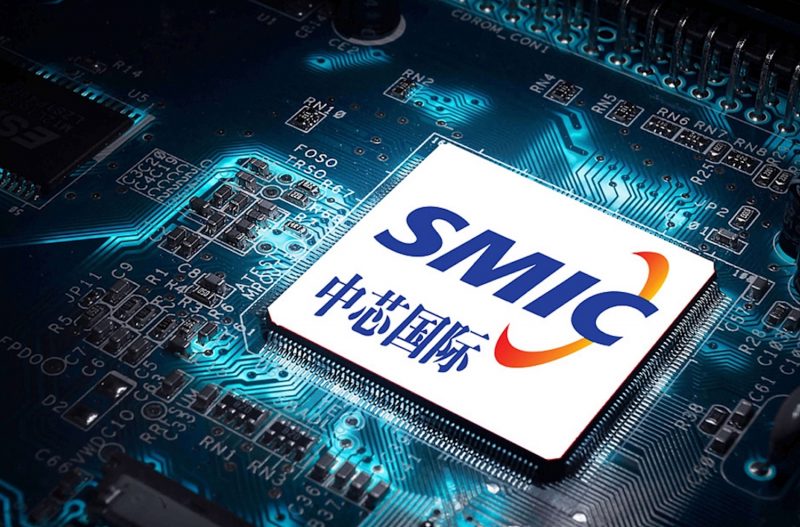(ATF) Chinese chipmaker Semiconductor Manufacturing International (SMIC) will allocate the majority of its $4.3 billion capital expenditure (capex) for 2021 to expand mature technologies to keep up with customer demand, as US sanctions have squeezed revenues from advanced processes and eroded margins.
“At present, the foundry industry capacity is tight” outside so-called fin field-effect transistor (FinFET) manufacturing, co-chief executives Zhao Haijun and Liang Mong Song, said in a statement accompanying SMIC’s fourth-quarter financial report.
“The demand for non-FinFET processes remains strong, and our capacity for non-FinFET will continue to be fully loaded,” they added. FinFET semiconductors are denser and more efficient than non-FinFET chips.
To meet customer demand, SMIC will expand its capacity this year at its non-FinFET 12-inch fabrication plant by 10,000 wafers per month and by 45,000 wafers per month at its 8-inch fabrication plant.
However, because of expected longer lead times for equipment procurement, most equipment won’t be in place until the second half of this year, so the expansion won’t contribute much to 2021 revenue, Zhao said during a conference call after its latest quarterly results.
He also said external sanctions would continue to affect the company’s revenue growth.
SALES RISE 16.9%
In Q4, SMIC reported sales of $981 million, up 16.9% year-on-year, but down 9.4% quarter-on-quarter. The company’s gross margin has decreased to 18% in Q4, compared with 23.8% in the previous quarter and 24.2% a year earlier.
Despite these slides, SMIC recorded profits for the fourth quarter attributable to the company of $257 million – a record high – thanks largely to a $132 million gain from investment funds.
SMIC’s share of revenue from the 14 nanometre (14nm) and 28nm processes – the most advanced chips – has decreased from 14.6% in Q3 to 5% in Q4.
Several analysts say this is probably because sanctions imposed by the former Trump administration in the US, effective in September, restricted SMIC from supplying chips to Huawei – one of its biggest customers.
In December 2020, SMIC was added to the US Entity List, which requires that under Export Administration Regulations, businesses, research institutions, government and private organisations, individuals, are subject to specific licence requirements for the export, re-export or transfer of specified goods.
Zhao said SMIC has been “in communication” with the new Biden administration but declined to elaborate on how the negotiations are proceeding.
LIMITED EFFECTS
The company expects revenue growth to slow in 2021, at a “mid-to-high” single-digit pace. It has set an annual gross margin target for 2021 in the mid-teens range, which is more modest than its Q1 forecast range from 17% to 19%.
Some analysts are upbeat nonetheless. Hong Jiajun, an analyst from Industrial Securities, said SMIC’s inclusion on the Entity List will have limited effects.
“It is expected that the procurement of technology and products below 10nm will be affected, and 14nm may also be affected. However, [less advanced] 40nm and above processes accounted for 85% of the company’s total revenues in Q3,” he said.
Benefiting from the recovery of demands for 5G smartphones and automotive electronics, as well as those for cameras, power management technologies, and embedded storage devices, Industrial Securities expect that SMIC’s capacity for mature processes will continue to be fully loaded around the year, Hong said.
“Given that the average selling price of Taiwan’s advanced chipmakers is expected to rise again by 10-15% after the Lunar New Year, SMIC’s mature process gross margin is expected to exceed expectation. At the same time, the annual gross margin may exceed the guidance due to the depreciation of advanced technologies,” Hong added.
SMIC is a key player in China’s efforts to build up its domestic semiconductor manufacturing capabilities, and an important player in the global semiconductor supply chain, which is under heavy pressure as pandemic lockdowns drive up demand for electronics such as laptops and phones.
























